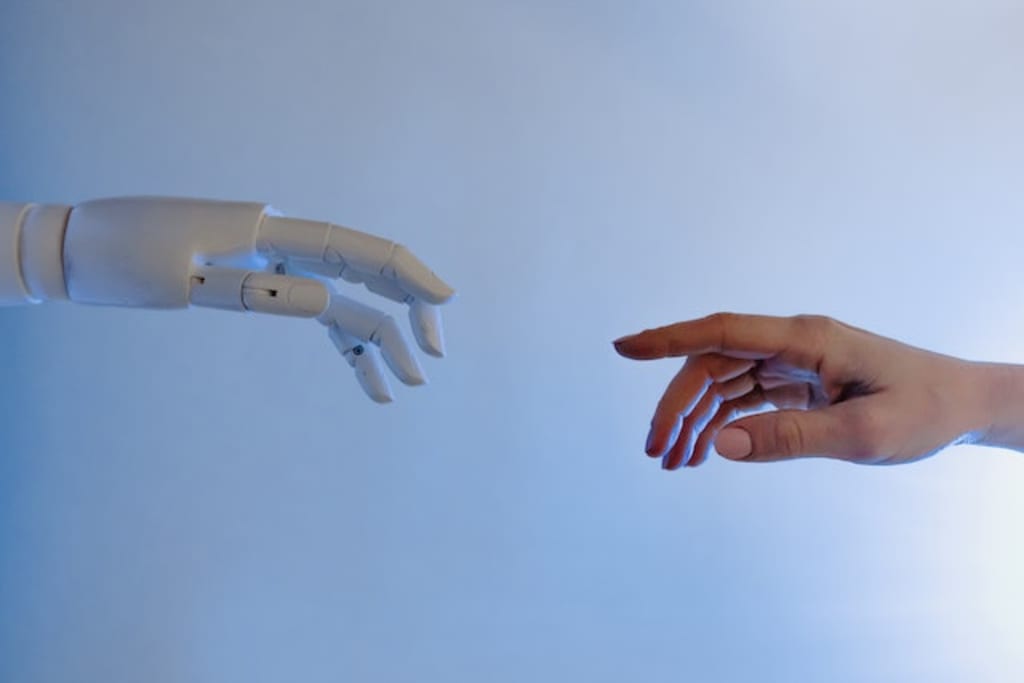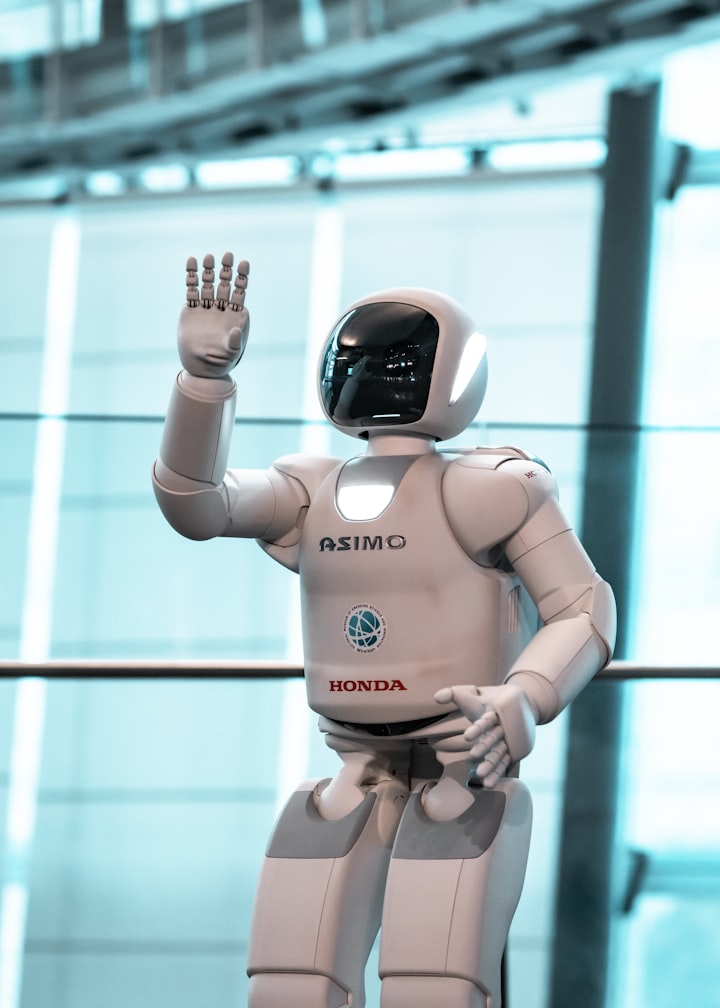The Future of Work: Embracing Automation and Artificial Intelligence for a Transformed Workplace
Exploring the Impact of Automation and AI on Jobs, Skills, and Work Culture

The world of work is undergoing a profound transformation, driven by rapid advancements in automation and artificial intelligence (AI). As technology continues to evolve, it is reshaping industries, jobs, and the way we work. The rise of automation and AI has sparked both excitement and concerns about its implications for the future of work. In this article, we will delve into the transformative potential of automation and AI, exploring their impact on the job market, required skills, and work culture in the coming years.
The Proliferation of Automation:
Automation, the use of technology to perform tasks with minimal human intervention, has become increasingly prevalent across various industries. From manufacturing and logistics to customer service and data analysis, automation has streamlined processes, increased efficiency, and reduced human errors. As businesses seek ways to optimize operations and cut costs, the adoption of automation is expected to accelerate in the coming years.
Job Disruption and Creation:
The widespread adoption of automation has raised concerns about job displacement. Many fear that automation will lead to significant job losses, particularly in routine and repetitive tasks. While certain roles may become obsolete, automation is also expected to create new job opportunities. As technology evolves, the demand for skilled workers who can design, implement, and maintain automated systems is likely to increase.
Transitioning to a Skill-Driven Workforce:
The rise of automation and AI is shifting the focus from manual labor to skills-based employment. Jobs that require creativity, critical thinking, problem-solving, and emotional intelligence are becoming more valuable in the age of automation. Workers need to upskill or reskill to remain relevant in the job market. Lifelong learning and continuous professional development will be essential for individuals to adapt to the changing work landscape.
Human-Automation Collaboration:
Rather than completely replacing humans, automation and AI are expected to augment human capabilities. Collaborative efforts between humans and machines can lead to improved productivity and enhanced outcomes. Workers will need to adapt to new ways of working, seamlessly integrating with intelligent technologies to achieve optimal results. Building a strong partnership between humans and machines will be critical for success in the future workplace.
Enhancing Workplace Efficiency:
Automation and AI have the potential to streamline workflow and enhance workplace efficiency. Repetitive and time-consuming tasks can be automated, freeing up human resources for more strategic and creative endeavors. For instance, AI-driven data analysis can provide valuable insights to inform decision-making, leading to more informed and effective strategies.
Addressing Ethical Considerations:
As automation and AI become increasingly integrated into the workplace, ethical considerations emerge. Issues surrounding data privacy, bias in algorithms, and the ethical use of AI must be addressed to ensure fair and responsible implementation. Companies will need to prioritize ethical practices and establish guidelines for the ethical use of automation and AI technologies.
Promoting Flexibility and Remote Work:
The COVID-19 pandemic accelerated the adoption of remote work, proving that many jobs can be performed outside traditional office settings. Automation and AI are likely to further promote flexibility in work arrangements, enabling remote work and flexible hours. This shift can enhance work-life balance and attract a diverse talent pool.
Reshaping Work Culture:
The introduction of automation and AI will reshape work culture and organizational structures. Leaders will need to foster a culture of adaptability and continuous learning, encouraging employees to embrace change and develop new skills. Collaboration and communication skills will become even more crucial in a digitally connected workforce.
Extra Key Points:
Increased Productivity and Efficiency: Automation and AI can handle tasks with precision and speed, leading to increased productivity and streamlined operations within organizations.
Reducing Monotonous and Hazardous Jobs: Automation can take over monotonous and hazardous tasks, minimizing the risk of workplace accidents and freeing up human workers for more strategic and meaningful work.
AI in Customer Service: AI-powered chatbots and virtual assistants can enhance customer service by providing instant responses, resolving queries, and improving overall customer experience.
Data Analysis and Decision-Making: AI-driven data analysis can provide valuable insights, helping businesses make informed decisions and identify trends and patterns in large datasets.
Remote Monitoring and Maintenance: Automation and AI can enable remote monitoring and predictive maintenance, reducing downtime and enhancing the efficiency of operations in industries like manufacturing and transportation.
Personalization and Customization: AI algorithms can analyze user preferences and behavior to deliver personalized products and services, enhancing customer satisfaction and loyalty.
Addressing Workforce Skill Gaps: Automation can fill skill gaps in the workforce by performing tasks that require specialized expertise, allowing human workers to focus on areas where their skills are most valuable.
Enhancing Healthcare: AI technologies are revolutionizing the healthcare sector by assisting in diagnostics, drug discovery, and personalized treatments.
Ethics and Bias Mitigation: Organizations need to address ethical concerns related to AI, ensuring that algorithms are fair, transparent, and free from biases that could lead to discriminatory outcomes.
Green Technology and Sustainability: Automation and AI can contribute to sustainability efforts by optimizing energy consumption and resource utilization, promoting eco-friendly practices in industries.
Conclusion:
The rise of automation and artificial intelligence is revolutionizing the future of work. While automation may disrupt certain job roles, it also presents opportunities for upskilling and the creation of new, high-value jobs. Embracing automation and AI will require a flexible and agile workforce that is willing to adapt to technological advancements. As we navigate this transformative era, a focus on continuous learning, ethical practices, and human-automation collaboration will be essential in shaping a positive and sustainable future of work. By harnessing the power of automation and AI, we can build a more efficient, innovative, and inclusive workplace for the generations to come.






Comments
There are no comments for this story
Be the first to respond and start the conversation.